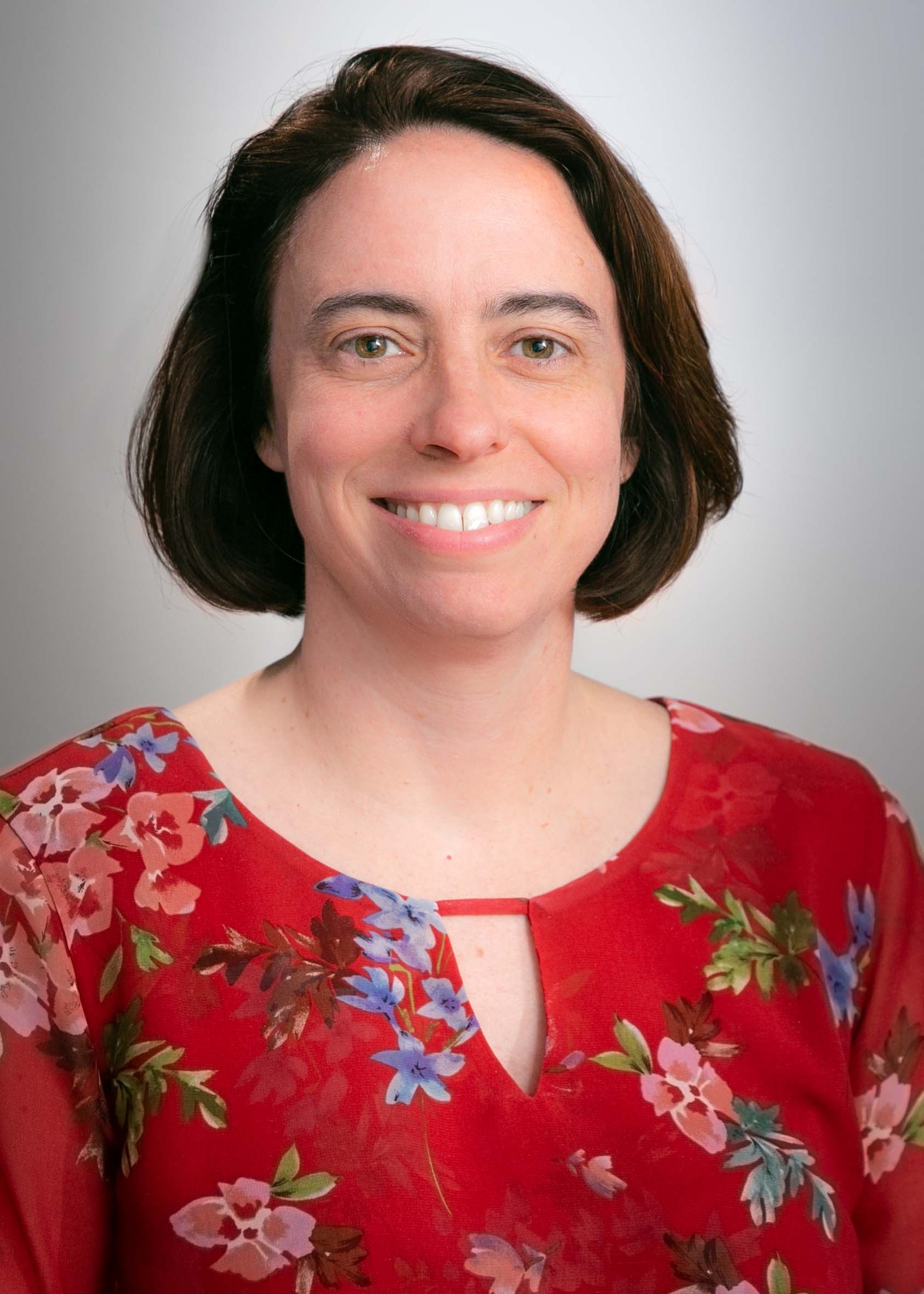What makes a good doctor? Certainly, a successful academic career can provide some insight, but how can other important qualities be measured – like leadership, curiosity or compassion?
These are the questions posed by admissions and selection committees who aim to bring a holistic lens to application review processes for their medical schools and training programs.
 As part of such efforts, the Association of American Medical Colleges (AAMC) launched the Advancing Holistic Principles Advisory Committee, on which Joanna Fair, MD, PhD, senior associate dean for Graduate Medical Education (GME) in The University of New Mexico School of Medicine, was recently invited to serve.
As part of such efforts, the Association of American Medical Colleges (AAMC) launched the Advancing Holistic Principles Advisory Committee, on which Joanna Fair, MD, PhD, senior associate dean for Graduate Medical Education (GME) in The University of New Mexico School of Medicine, was recently invited to serve.
The committee is composed of “a group of academic leaders from across the country at various levels. Some may lead Undergraduate Medical Education (UME) programs, some may be faculty or deans,” Fair said.
Holistic principles for UME admissions have been in place for some time, and UNM has long been at the forefront of reviewing medical school applications holistically.
“I have to speak really highly about colleagues at UNM, like Dr. Marlene Ballejos and Dr. Robert Sapien, and the work they have already done at UNM in UME,” Fair said. “Dr. Ballejos was instrumental in helping us lead workshops for our GME colleagues, sharing the work they have done for years. Thanks to their work, our applicants for UNM medical school aren’t reduced to only numbers, like grades or test scores.”
While several of UNM’s GME programs were early implementers and have built a solid foundation in holistic review, the AAMC only recently developed a GME holistic principles toolkit, which addresses the recruitment and selection of residents and fellows. Moving forward, Fair and her colleagues will work to ensure these resources are further incorporated into the GME selection processes.
When the AAMC issued a call for new members to join the Advancing Holistic Principles Advisory Committee, one category they identified was people who serve as residency program directors or as designated institutional officials (head of Graduate Medical Education). Recognizing the importance of this work, Fair wanted to be directly involved with the team further developing these principles and tools on a national level.
Reviewing an application holistically includes looking at the whole person – their experiences, attributes, competencies and metrics. Metrics are the easy one, the numbers on the tests and their GPAs, while evaluating experiences and attributes are trickier. That’s where what matters to a specific program comes into play, along with the overall institutional mission.
“For us, the no-brainer is recruiting New Mexicans, because it’s critically important to provide a health care workforce for New Mexico communities,” Fair says. “That’s easy to select for in the applications. But what if what you care about is resilience, as an attribute? How do you take the 2,700 applications that Internal Medicine received this year and filter and sort through them to find who has the most resilience? How do we operationalize this process so it’s applied fairly and appropriately?”
That number, 2,700, seems high, but GME programs may receive hundreds to thousands of applications, and there may only be a few people overseeing the review process. These limited resources can make the prospect of holistic selection processes rather daunting.
“It’s certainly easy to choose a number or a grade and say, ‘OK, we’re just going to throw out everything below this,’” Fair says, “but we recognize that isn’t really a valid way to review applications. There’s so much more to consider about what makes a good doctor, or a good practitioner of X-Y-Z specialty.”
Figuring out how to implement these principles is challenging, as they are different for each specialty. Programs have to “look at this toolkit and figure out what fits best with their program,” Fair says. However, there will be common themes, and by sharing across programs and institutions, “we can continuously improve our processes.”
Rather than a static, one-and-done endeavor, learning how best to implement the tools is an ongoing process. Dr. Fair believes part of the committee’s role will be to receive and incorporate feedback as more and more GME programs approach selections holistically and refine their approaches.
All of these factors are what inspired Dr. Fair to be involved with this committee, not only further shaping the implementation toolkit, but learning from other members of the committee and bringing that knowledge back to GME selection processes at UNM.
“I’m really grateful to be chosen for this role,” says Dr. Fair. “We have so much to offer at UNM, as a unique educational environment with perspectives that aren’t always a part of the big, national committees. I appreciate having a voice at the table, and I’m excited about the work ahead.”
